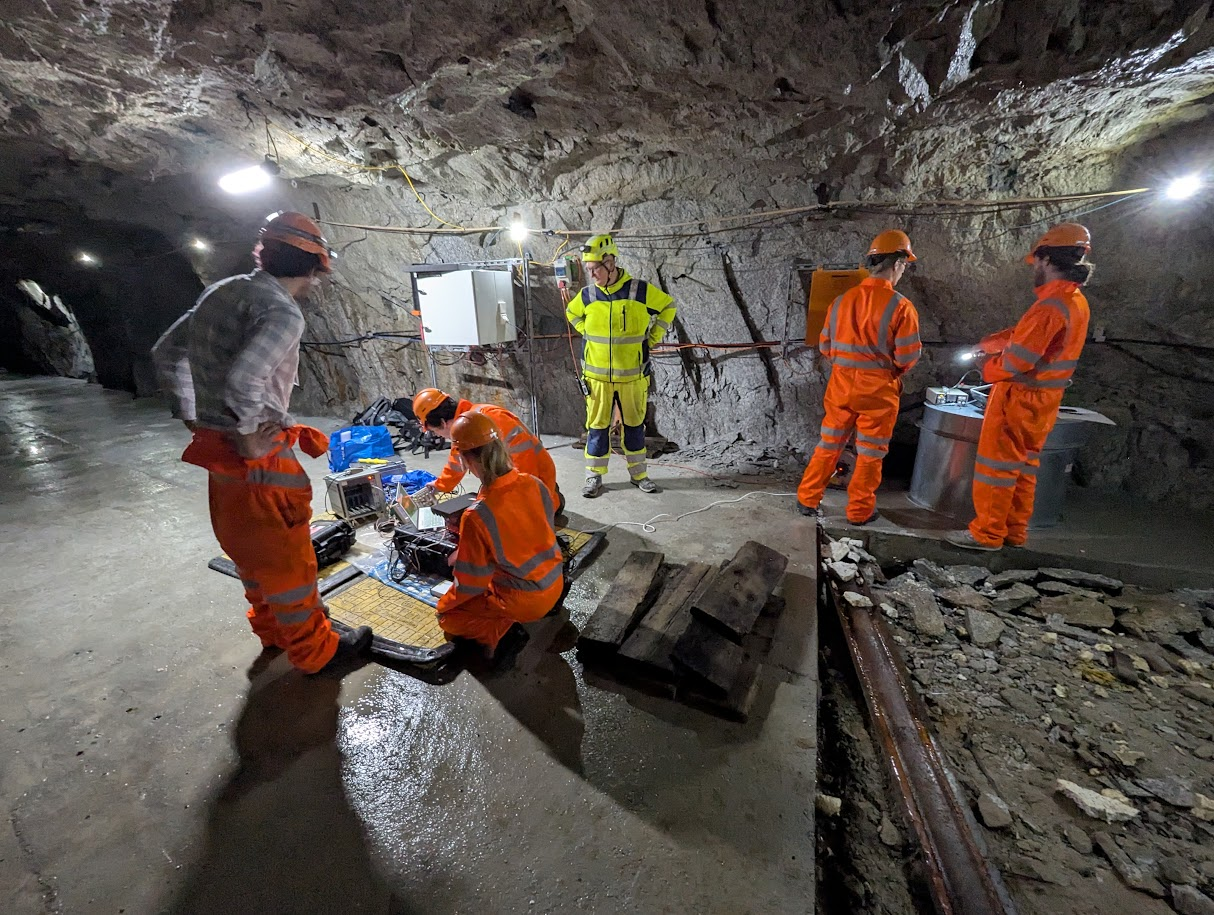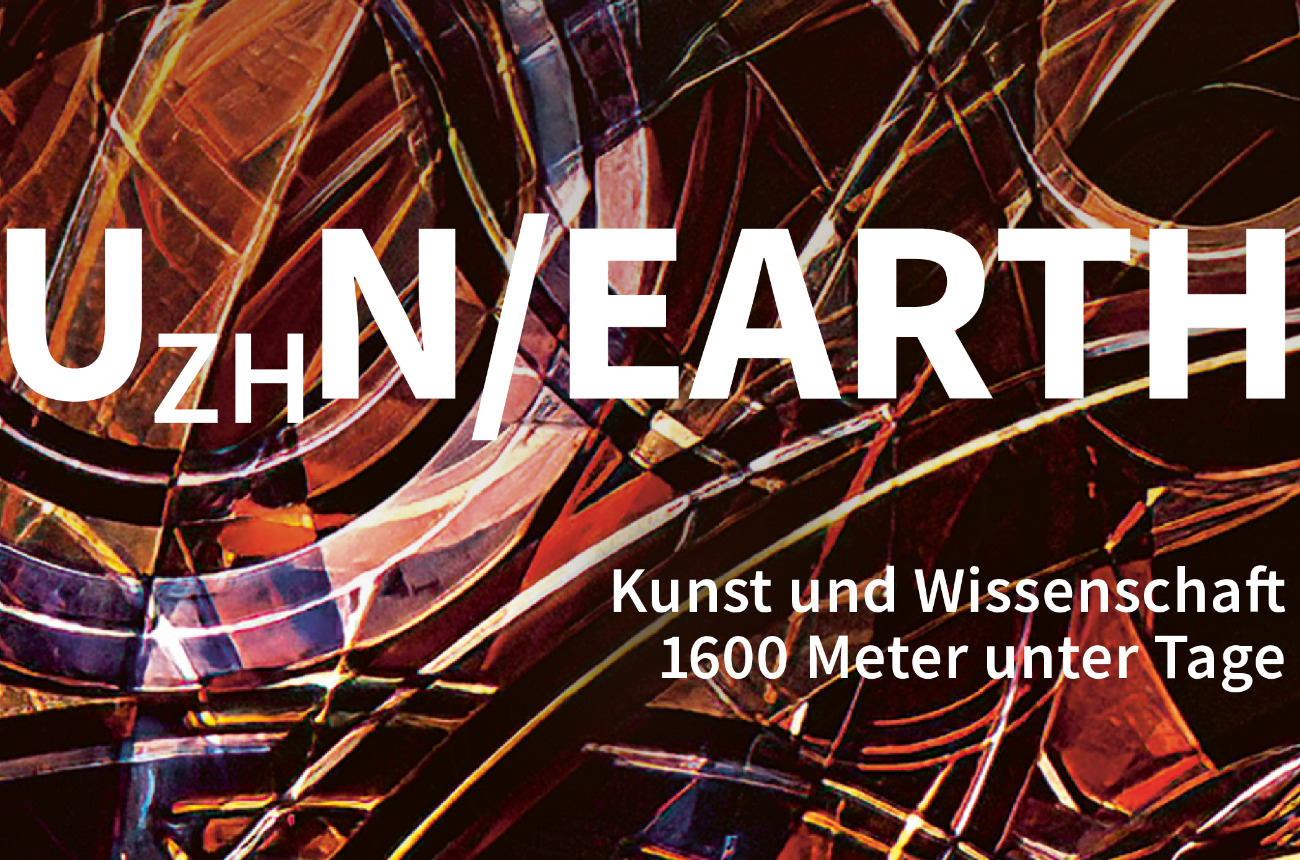Bjoern Penning
Research Interest
Prof. Penning is interested in a wide range of dark matter (DM) searches. The group performs direct DM searches at the LUX-Zeplin (LZ) experiment located one mile underground in a former gold mine in South Dakota and uses 10 tons of liquid xenon to search for DM. LZ is providing leading sensitivity to WIMP-type dark matter presently. The group has leading contributions to the design and manufacturing of the Outer Detector (OD) and now operates the detector. The OD is the active veto from the main background to dark matter. The group is also deeply involved in dark matter analysis, calibration of the central detector, the Time Projection Chamber (TPC), and interaction finding.
Prof. Penning is a founding member of a novel low-mass dark matter experiment, Tesseract. The experiment is to be installed in the Modane underground laboratory in the Frejus tunnel close to Geneva. The experiment has a multi-target approach, using liquid helium, GaAs, and Sapphire targets read out by identical Transition Edge Sensor (TES) sensors. TES sensors are cryogenic devices that exploit the strong temperature-dependent resistance at the superconducting phase transition to detect even the faintest energies. Because of their very low energy threshold, we need to operate the devices at temperatures closest to absolute zero to avoid all types of thermal noise. We work also on various detector R&D on cryogenic sensors in collaboration with other groups at UZH and future liquid xenon searches, XLZD.
In the past, Prof. Penning performed precision measurements in electroweak physics and was a primary author of the first experimental Higgs boson exclusion at a hadron collider, as well as the first evidence of the decay of the Higgs boson to b-quarks. He worked on the D0, ATLAS, and CMS detectors, in the areas of calorimetry, tracking, and trigger and on upgrades for the CMS detector.


